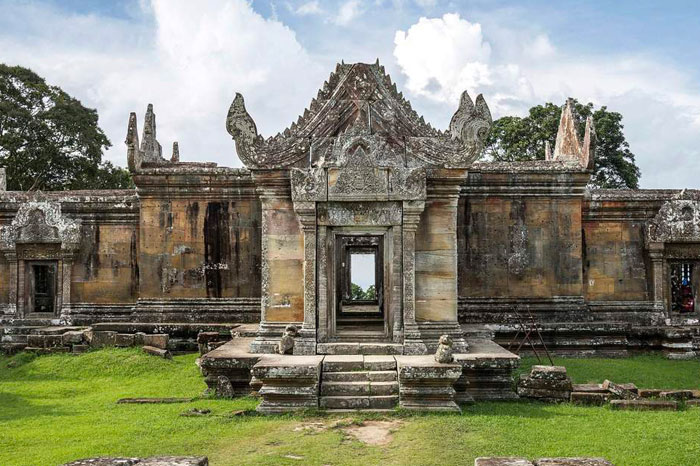
Preah Vihear Temple, a must-see in Cambodia
- on Oct 30, 2024 By: Ngoc Nguyen
Built on the edge of a plateau overlooking the plain of Cambodia, on the edge of a high cliff, approximately 625 meters above sea level, Preah Vihear Temple, the "temple of the sacred mountain" considered a true architectural and cultural gem, has accompanied that of Cambodia for nearly 1200 years. An archaeological site of great beauty, remarkably well preserved and listed as a UNESCO World Heritage Site. This is a must-see in Cambodia for travelers who love history, culture and old stones.
History of Preah Vihear Temple
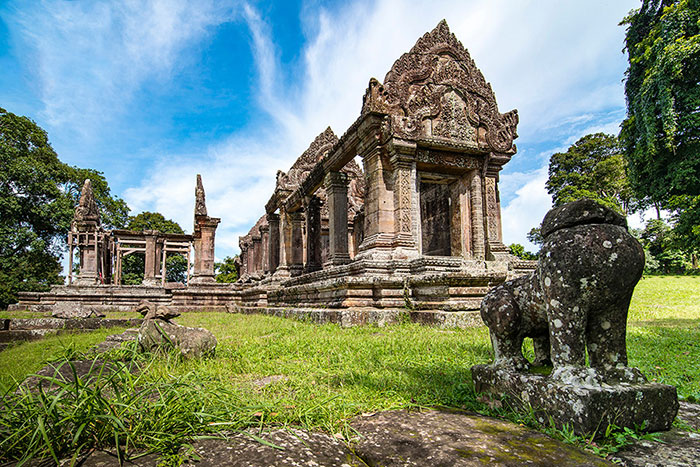
Preah Vihear Temple has enjoyed uninterrupted royal interest for more than four centuries (9th to 12th century). The first constructions on the site of Preah Vihear date from the 9th century and were led by Prince Indrâyadha, the son of Jayavarman II. While some believe that Prince Indrâyadha wanted to follow the work of his father Jayavarman II, generally considered the founder of the kingdom of Angkor, this is not the case since Prince Indrâyadha was motivated by the injunctions of the Hindu god Shiva. Shiva was the dominant figure in Khmer Hinduism because he was long considered by the kings as the supreme protector of their empire. The Indrâyadha building was certainly originally a simple and modest wooden structure and some engraved elements, from a lingam brought back from Vat Phou in Laos, testify to the existence of a hermitage at that time.
The construction of the site of Preah Vihear continued between the 10th and 13th centuries. First, under the reign of Yasovarman I, the oldest part of which remains visible as elements of the Banteay Srei style, this elegant pink sandstone temple in a magnificent state of preservation is located on the archaeological site of Angkor. The majority of the temple dates from the reigns of Suryavarman I (1002 – 1050) and Suryavarman II (1113 – 1150). A stylized representation of “Kailasa Mountain”, home of the god Siva to whom the temple is dedicated, Preah Vihear became a place of worship and pilgrimage for kings as well as their subjects. While Hinduism was in decline at the end of the 13th century, Theravada Buddhism took hold throughout the kingdom and the temple was converted and dedicated to Theravada Buddhism. Perched atop the steep Pey Tadi cliff in the Dangrek mountain range, the site is difficult to access and was for centuries a very important monastery and pilgrimage site in Cambodia. It’s a site so difficult to access that it was one of the last to fall into the hands of the Khmer Rouge.
A subject of contention between Thailand and Cambodia
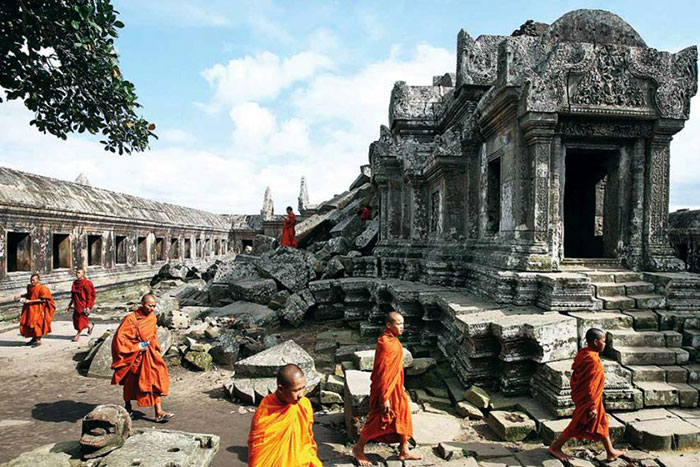
Preah Vihear Temple stands in the eastern part of the Dangrek mountain range that demarcates the border between Cambodia to the South and Thailand to the North. For more than a century, Preah Vihear Temple has been at the heart of a territorial dispute. Its origin lies in the delimitation of the border between Cambodia and Thailand by the French, during the conquest of Indochina in the 19th century, which geographically attributed the temple to the Khmer. Taking advantage of France's defeat by Germany during the Second World War, Thailand reclaimed the temple. At the end of the world conflict, France took back the temple but after Cambodia's independence and the departure of the French, the Thai army reinvested the temple. Cambodia then decided to bring the case before the International Court of Justice in The Hague, which rendered its judgment in 1962: Preah Vihear, and the adjacent land, were attributed to the Khmer kingdom. Still at the heart of border disputes between the two countries for nearly 50 years, peace finally returned when Cambodia obtained sovereignty over this territory in 2013 by a judgment of the International Court of Justice.
Architecture of the Preah Vihear temple
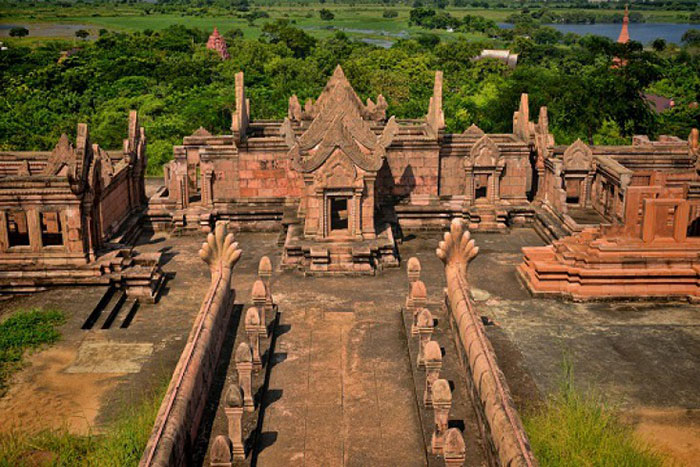
Unlike other Khmer temples, Preah Vihear is built on a north-south axis which sets it apart from conventional rectangular plans facing east. The architecture of the Preah Vihear temple is of an originality specific to Khmer architecture, which makes it a rare work.
The temple is accessed by two monumental staircases, one to the East and the other to the North. Thus, the temple has both an east-west and north-south orientation. To the North, the 54-meter monumental staircase consists of 159 steps that lead to a 25-meter-long causeway, flanked by enormous naga-balustrades.
What most astonishes visitors are the architectural decorations. The most accomplished decorations appear on the gopuras, very richly decorated monumental towers. Generally, in an excellent state of preservation, they have remained clearly visible. The composition of the reliefs, particularly on the lintels, columns and pilasters, is varied, complex and meticulous and represents gods such as Shiva, Visnu, Indra and Krishna. The sculptures of Preah Vihear obey the rule of the most absolute symmetry. They are of a surprising finesse, with sure lines and thousands of details that attract attention. The proportions and the modeling of the characters are very harmonious.
Related articles:
>> Top 10 tips and tricks for a successful trip to Cambodia
>> What to do in Battambang? Top 8 things to see
>> Tour 3 weeks in Vietnam, an exciting tour of the Dragon
>> Vietnam tour 15 days: What to do? What itinerary ideas do you have?
>> Tour 1 week in Vietnam: Good deals for a 7-day tour in Vietnam
>> Tour in Vietnam in one month: 3 options to absolutely enjoy!
>> When to travel to Cambodia?
>> Tour to the Mekong Delta: itinerary ideas in 1,2,3,4,5,6 days to know
 Español
Español Français
Français






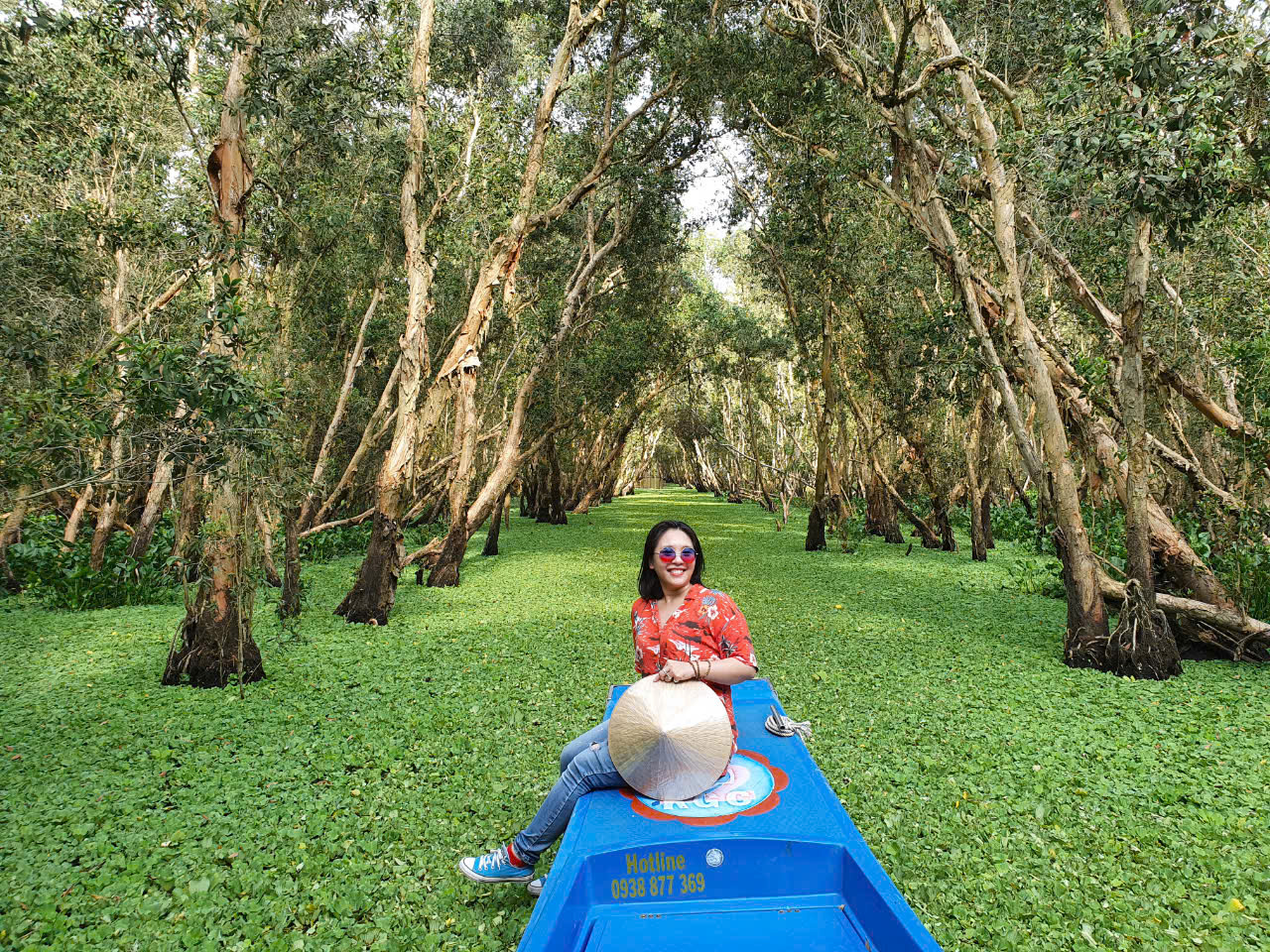
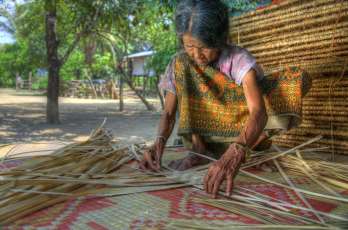
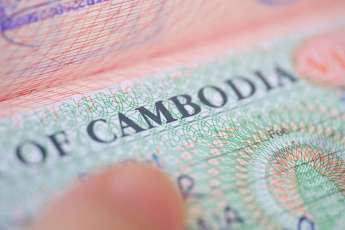











TwelmSC
on Feb 20, 2026Morgane Ter Cock
on Dec 18, 2025HerbertPhomaMS
on Oct 19, 2025Lilyan Cuttler
on Oct 15, 2025Avenue17XC
on Sep 14, 2025